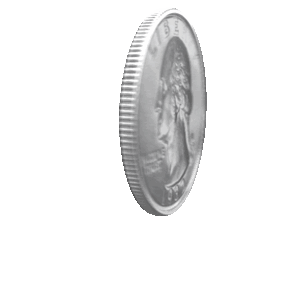Are Bail-Ins Supported by Free Market Philosophy?
QUESTION: Mr. Armstrong; Reading between the lines, it seems that you support bank bailouts at taxpayer expense. Is this not counter to free market philosophy?
KE
ANSWER: Yes it is contrary to free market philosophy. However, it is the only reasonable solution at this moment in time without structural reforms to the financial system. If we accept the bail-in that Europe just did in Spain selling the bank for one euro, the reality of that decision compels me to advise clients NOT TO OWN any bank shares. Seizing a bank and auctioning it off for one euro when its value, if liquidated, would have been significantly higher is in itself anti-free market.
The bailout conducted by the Fed was absurd. The theory that they just lend money to banks when in trouble is seriously flawed under the current system. Bill Clinton repealed Glass-Steagall and in doing so he seriously altered the banking system completely. The 2007 crash took place because banks no longer engage in relationship banking but have flipped everything to transactional banking. They make the loan, package it into a security, and then sell it off. The banks say this makes them stronger. Fine, I accept that principle. But then handing bankers trillions to “stimulate” the economy failed because they did not lend the money out and parked it at the Fed in excess reserves. They stopped securitizing debt and would not lend because of risk.
The problem is how our government operates. If they are trying to “stimulate” the economy then they need to cut taxes. You must put money directly into the hands of the people – not the banks who do not lend to the average person. This is why quantitative easing has failed. Mario Draghi needs to get out and really see how the economy functions live in the real world.
Under the current terms of the bail-in, I must advise clients to sell bank shares and stay with industrial shares. You can flip the coin. Both sides are anti-free market. If I must advise not to own bank shares, then what happens to banks in general?

